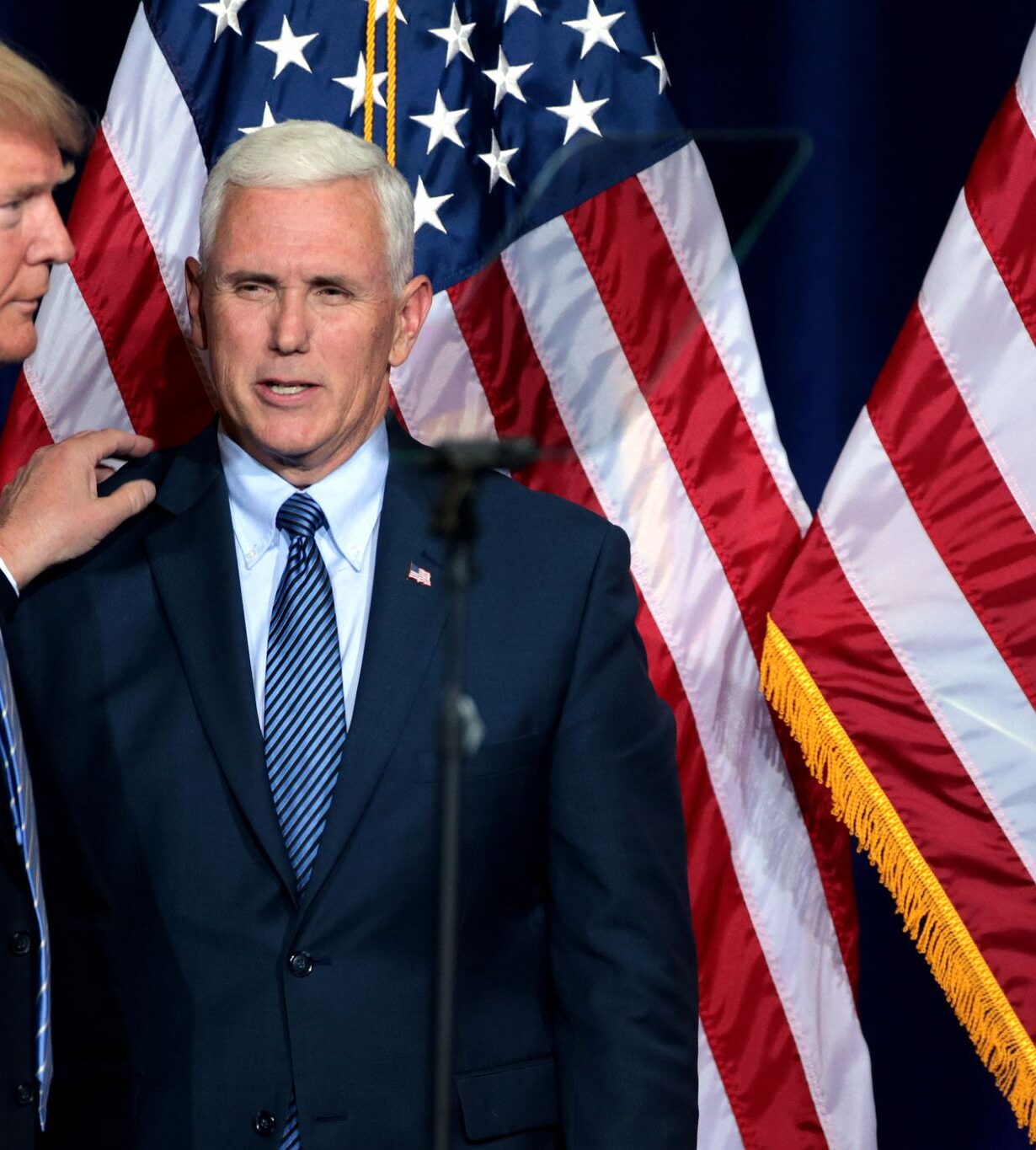Key Takeaways
• Marc Short, former chief of staff to Mike Pence, harshly criticized the White House ballroom project.
• He said the administration would rather talk about a new ballroom than serious issues.
• Short pointed to trade disruptions, a shaky Middle East deal, and Epstein files as bigger problems.
• He warned that the White House belongs to taxpayers, not the president alone.
Why Marc Short Attacks the White House Ballroom Plan
In a recent CNN interview, Marc Short called out the White House ballroom project. He believes the focus on a new ballroom masks bigger problems facing the administration.
Short’s Criticism of the White House Ballroom Project
Short argued the White House ballroom renovation involves tearing down the East Wing entirely. He said this demolition shows poor judgment. He noted that private donations don’t erase the fact that taxpayers foot the bill.
Moreover, Short pointed out that the White House is a public building. He stressed that it belongs to all Americans, not just one person or his family. Short described claims about donor funding as misleading. He called the debate over the new ballroom a distraction tactic.
Why the Media Focus on the White House Ballroom
Short suggested the White House itself is behind the ballroom headline. He said the administration prefers headlines on fancy rooms rather than real struggles. He thinks officials hope reporters ignore urgent issues.
In addition, Short said this strategy lets the president avoid questions on tougher topics. He referred to the deal in the Middle East that seems to be falling apart. He also mentioned the ongoing controversy over Jeffrey Epstein’s files.
Trade Troubles Hidden by the Ballroom Debate
He warned that farmers and ranchers are upset about the president’s trade agenda. They worry about tariffs and disrupted markets. Yet, Short said few news outlets cover their rising anger. Instead, the White House ballroom plan takes the spotlight.
Short noted the president plans to visit China soon. He said this trip shows how shaky the trade strategy is. He argued that diplomacy and market access have stalled. Meanwhile, American producers pay the price.
The So-Called Peace Deal in Israel
Another major issue Short highlighted is the fragile peace deal in Israel. He argued that nine months of negotiations have brought little progress. Instead, tensions remain high. Leaders in the region report that violence and distrust are growing.
Short believes this deal could collapse if talks don’t resume. Yet, the media pays more attention to who designs a ballroom. He called this imbalance worrying for public awareness.
Handling of the Epstein Files
Short also brought up questions around Jeffrey Epstein’s files. He said the administration’s handling of these documents raises concern. He implied that the White House might be avoiding scrutiny by pushing the ballroom story.
In his view, serious questions about high-profile criminal cases deserve public attention. He urged reporters to ask tougher questions instead of covering paint colors and chandeliers.
Why the White House Is on the Defensive
Overall, Short described the White House as “on the defensive.” He argued that officials scramble to protect their image. He said they choose stories that boost approval, even if trivial.
He used transition words like however, therefore, and in addition to guide his points. He emphasized that this defensive stance hurts public trust over time. He warned that the strategy might backfire if people feel misled.
Implications for the Public and Media
The battle over the White House ballroom project reflects a larger trend. Politicians often steer conversations away from tough issues. Consequently, voters remain less informed about policies that affect daily life.
Furthermore, Short’s words serve as a call to action for journalists. He wants the media to dig deeper into matters such as foreign policy, trade, and legal documents. He believes these topics truly shape people’s futures.
What Comes Next for the White House Ballroom Debate
Despite Short’s harsh words, the ballroom renovation continues moving forward. Plans for demolition of the East Wing are in early stages. Contractors await final approvals.
Meanwhile, reporters and the public face a choice. They can keep chasing updates on the ballroom’s cost and design. Or they can push for coverage of trade talks, peace deals, and legal controversies. Ultimately, Short hopes they choose the latter.
Frequently Asked Questions
What did Marc Short say about the White House ballroom?
He criticized it as a distraction from serious issues like trade, Middle East peace talks, and the Epstein files. He also said it misuses taxpayer money.
Why did Short claim the White House is defensive?
He argued officials focus on safe topics like a new ballroom to dodge tougher questions about policy failures and controversies.
How does the White House ballroom project affect taxpayers?
Although some funding comes from donors, the project still uses federal resources. It involves demolishing the East Wing, which increases costs for taxpayers.
What issues did Short want the media to cover instead?
He urged coverage of the president’s trade agenda, a fragile Middle East peace deal, and the handling of Jeffrey Epstein’s files.
